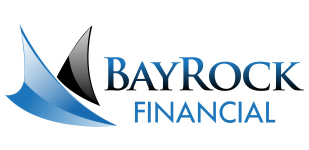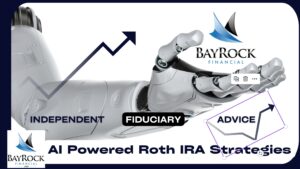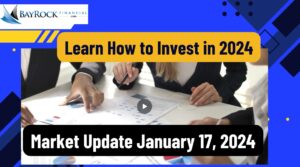Cash Flow Planning Guide
The health of every financial plan depends heavily on sound cash flow planning. Creating a cash flow plan is a helpful exercise conducted in the financial planning process.

While we already tend to know what we should be doing with respect to our budget (spending), in reality we often fall short of taking even the most basic steps toward tracking and managing our cash flow.
You can have a dramatic long-term impact on your financial future by simply increasing your awareness of your spending habits. One small discipline that can make a big difference is being accountable for every dollar you spend.

To help guide you toward creating and managing a cash flow plan that supports your lifestyle and goals, we have created this cash flow planning guide. It covers cash flow planning basics, including:
-
Income sources
-
Essential and discretionary spending
-
Debt and taxes
-
Goal funding
-
Monitoring strategies
High Inflation Checklist
High inflation has been on everyone’s mind, and many are wondering what they can do to take action.
With this High Inflation Checklist, you can explore ways to address high inflation and set your financial expectations appropriately. Get ahead and be better-prepared as you plan for high inflation in the future.
The high inflation checklist covers key issues to consider when dealing with periods of high inflation, such as:
-
The impact inflation may have on your cash flow and budgeting.
-
The effects of inflation on your assets, and solutions that may be considered to mitigate those effects.
-
Certain tax planning ideas that may be relevant to you in light of high inflation.
-
Other miscellaneous areas of your financial plan that may be affected by high inflation.
Market Correction Checklist
This market correction checklist covers many of the issues to consider during a recession or market correction.
It addresses some strategies particularly useful when the valuations of the markets are low (such as Roth conversions and gifting strategies) as well strategies to mitigate the negative impact (cash flow becoming tight).
This can help turn your focus away from one of fear of the future to one where you consider strategies to take advantage of low valuations.
Home Buying Checklist
Buying a home is one of the biggest financial moves that you will ever make. There are a number of issues you should be aware of, including how the costs of purchasing and owning a home will impact your overall financial planning goals.
In this home buying checklist, we cover a number of financial issues that you need to consider when buying and owning a home, including:
-
Cash flow issues, such as the costs to maintain the home once you own it, the impact that owning a home will have should one spouse need/want to stop working to raise children, as well as how long they intend to live in the home.
-
Financing issues, including your debt ratios, qualification for advantageous mortgage terms and/or special lending programs (e.g., VA loans), and the loan application process.
-
Income tax and estate planning issues, including mortgage interest deductibility, basis tracking, and how to properly title the home.
-
Insurance issues, including property and casualty policies, and appropriate levels of life insurance coverage.
This is a comprehensive checklist of the types of issues that you should be discussing with your Financial Advisors when you are considering purchasing a home. You may not always be fully aware of the financial ramifications of such a major decision, and your CFP® Professional can help insure that you are equipped to deal with these issues, allowing you to enjoy home ownership to its fullest.
Unemployment Checklist
Family members sometimes find themselves in the position of losing their job. In today’s economic uncertainty, business closures and layoffs are increasingly common. The loss of a job can cause serious stress for your family, personally and financially. To help guide you through a disruption in employment, we’ve created the unemployment checklist.
In this checklist, we cover a number of issues to consider when you or a family member is facing unemployment, including:
-
Severance options, if any are offered
-
Employer benefits, including continuation of health insurance, sick pay, etc.
-
Eligibility for unemployment benefits
-
Budget adjustments
-
Health insurance options
-
Employer-sponsored retirement accounts, stock plans, and other benefits
-
Income tax considerations
-
Retirement or future employment options
This is a comprehensive checklist of the financial issues that you need to consider surrounding a job loss.
Retirement Checklist
This retirement checklist covers 32 of the most important planning issues to identify and consider whenever you are about to retire.
It’s structured as follows:
-
Cash Flow Issues
-
Health Insurance Issues
-
Asset & Debt Issues
-
Tax Planning Issues
-
Long-Term Planning Issues
-
Other Issues









